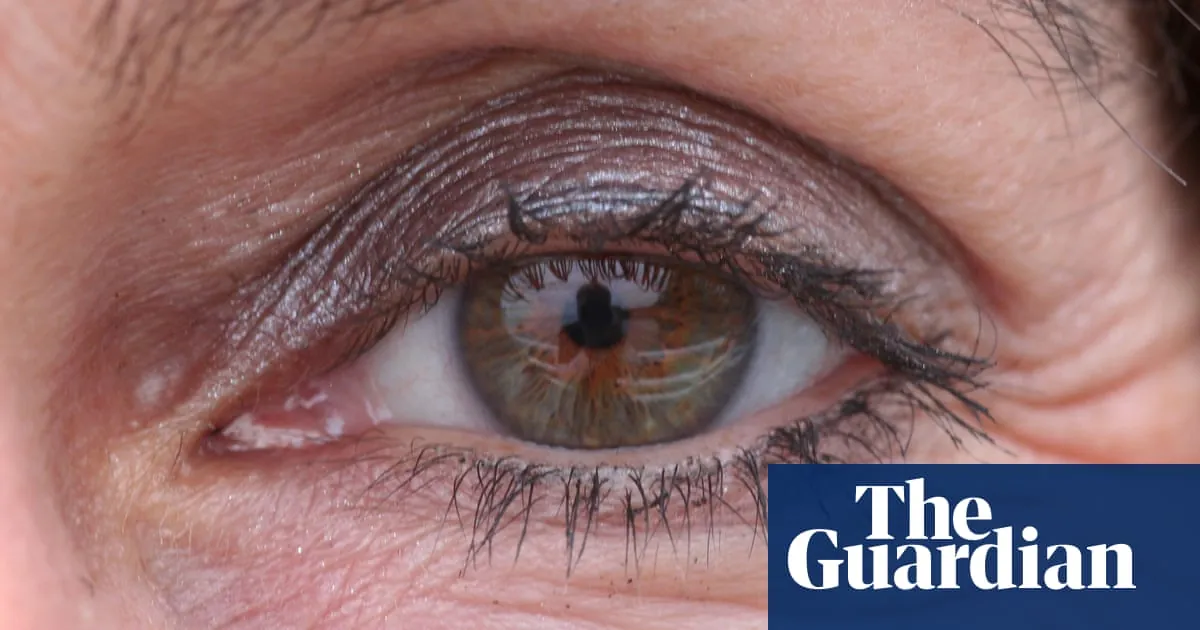Studies have linked an out-of-whack oral microbiome with autism spectrum disorder, dementia, Parkinson’s disease, schizophrenia, anxiety, and depression.
One spouse was a healthy control, while the other had insomnia with anxiety and depression.
The researchers found that after six months of marriage to a partner with insomnia with features of depression and anxiety, healthy spouses showed increased depression and anxiety scores, and poorer sleep quality.
While salivary cortisol levels were significantly higher in insomniac spouses, they found that healthy spouses also experienced elevated cortisol levels after six months, indicating stress-related physiological changes.
Additionally, due to financial restraints, bacterial samples were only collected from the tonsils and pharynx, rather than the full oral microbiome.
Researchers discovered that anxiety and depression can be transmitted from one spouse to the other through the oral microbiome, which is transferred during intimate contact like kissing, in a study of recentlywed couples.
Like the gut microbiome, we are learning more about the ways in which our oral microbiome—the varied community of bacteria in our mouths—can impact our mental and physical well-being. Research has connected autism spectrum disorder, dementia, Parkinson’s disease, schizophrenia, anxiety, and depression to an unbalanced oral microbiome.
Researchers have looked into whether kissing can spread the oral microbiota between people and whether this can have an impact on mental health in an intriguing new study.
According to the researchers, “this study aimed to investigate whether the transmission of oral microbiota between newlywed couples mediates symptoms of depression and anxiety given that bacterial transmission can occur between spouses.”.
First, 1,740 couples were screened for insomnia. Researchers from Iran, India, Italy, and the UK participated in the study. The study included 268 couples who were living together and had been married within the previous six months. One spouse had anxiety, depression, and insomnia, while the other was a healthy control. All participants had their salivary cortisol (stress hormone) levels and oral microbiome composition measured on days one and 180 of the study. Throughout the study, participants were instructed to maintain their current exercise, dental hygiene, and food habits.
Following six months of marriage to a spouse who had insomnia along with symptoms of anxiety and depression, the researchers discovered that healthy spouses had worse sleep quality and higher anxiety and depression scores. The alterations were more noticeable in female spouses. After six months, they discovered that both healthy spouses and insomniac spouses had elevated salivary cortisol levels, suggesting physiological changes brought on by stress. Fascinatingly, the researchers noticed that the bacteria in the mouths of healthy spouses changed significantly, becoming more and more like those of their afflicted partners.
According to the researchers, “oral microbiota transfer between individuals in close contact, such as couples in the present study, may mediate depression and anxiety.”. We discovered that variations in salivary cortisol levels, depression and anxiety scores, and the intensity of insomnia are all correlated with variations in the composition of the oral microbiota. According to earlier research on salivary cortisol levels and anxiety and depression scores, our results are consistent. “”.
Given that other types of physiological synchrony, such as synchronized heartbeats and sleep concordance, have been documented, the researchers said that oral microbiome transfer between couples makes sense. Their findings have implications for preventive, personalized, and holistic medicine, particularly when it comes to mental health treatment, they said.
Using self-reporting to gauge anxiety, depression, and insomnia, measuring only morning salivary cortisol levels, and not accounting for common lifestyle factors like diet are some of the study’s limitations. Additionally, only bacterial samples from the tonsils and pharynx were gathered rather than the entire oral microbiome due to budgetary constraints.
However, the study poses some intriguing queries for further investigation.
According to the researchers, “since this study is associational, more research is needed to establish whether this association is causal.”. “This association may have important ramifications for current research if it turns out to be causal. “.”.







